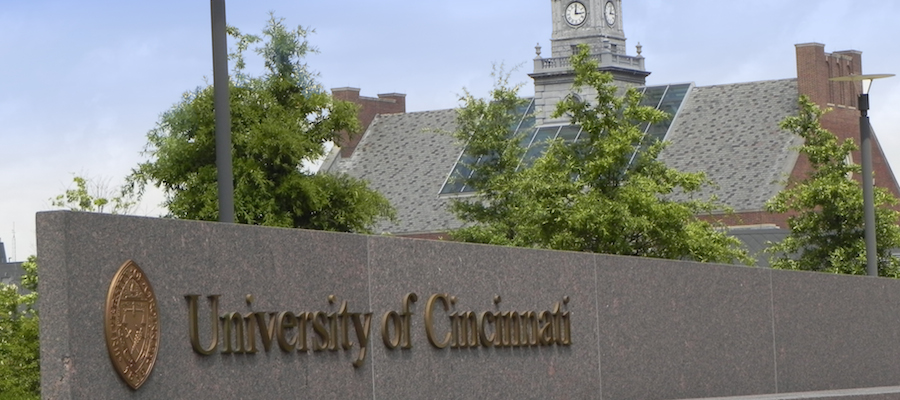The Margo Tytus Visiting Scholars Program at the University of Cincinnati Classics Department is pleased to offer fellowships for study and research in the Burnam Classics Library. Fellows, in the fields of philology, history and archaeology will ordinarily be at least 5 years beyond receipt of the Ph.D. Apart from residence in Cincinnati during term, the only obligation of Fellows is to pursue their own research. Fellowships are tenable during the regular academic year (September 4 to April 19).
There are two categories of Tytus Fellowships, long-term and short-term.
Long Term Fellows will come to Cincinnati for a minimum of one semester and a maximum of two during the regular academic year. They will receive a monthly stipend of $1500 plus housing and a transportation allowance.
Short Term Fellows will come to Cincinnati for a minimum of one month and a maximum of two during the regular academic year. They will also receive a monthly stipend of $1500 plus housing and a transportation allowance.
Both Long Term and Short Term Fellows will also receive office space and enjoy the use of the University of Cincinnati and Hebrew Union College Libraries. While at Cincinnati Tytus Fellows will be free to pursue their own research.
The University of Cincinnati Burnam Classics Library is one of the world's premier collections in the field of Classical Studies. Comprising 260,000 volumes, the library covers all aspects of the Classics: the languages and literatures, history, civilization, art, and archaeology. Of special value for scholars is both the richness of the collection and its accessibility -- almost any avenue of research in the classics can be pursued deeply and broadly under a single roof. The unusually comprehensive core collection, which is maintained by three professional classicist librarians, is augmented by several special collections such as 15,000 nineteenth century German Programmschriften, extensive holdings in Palaeography, Byzantine and Modern Greek Studies. At neighboring Hebrew Union College, the Klau Library, with holdings in excess of 445,000 volumes, is rich in Judaica and Near Eastern Studies.
